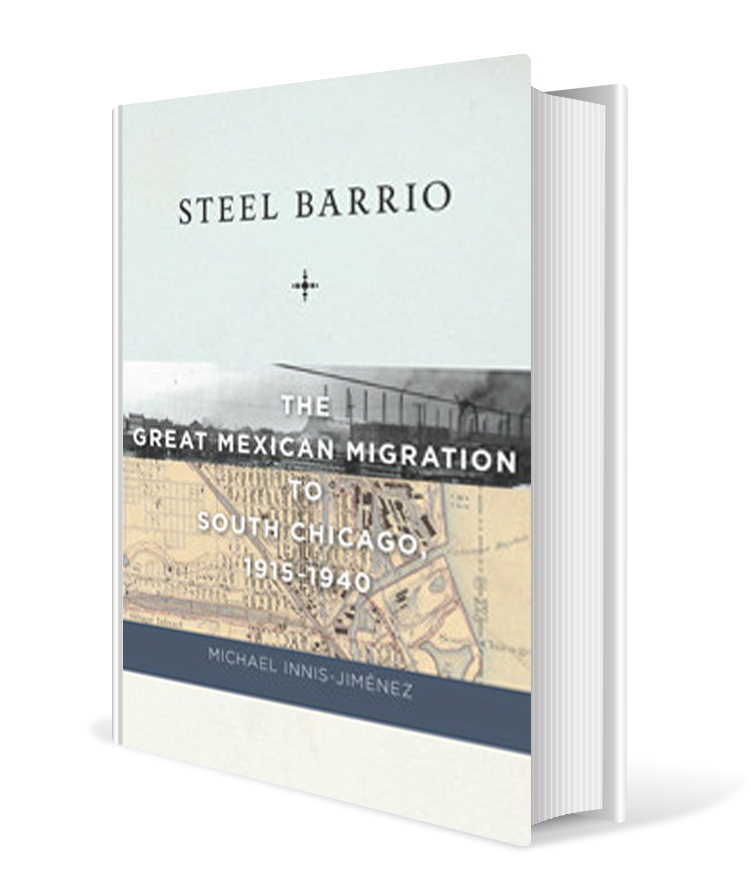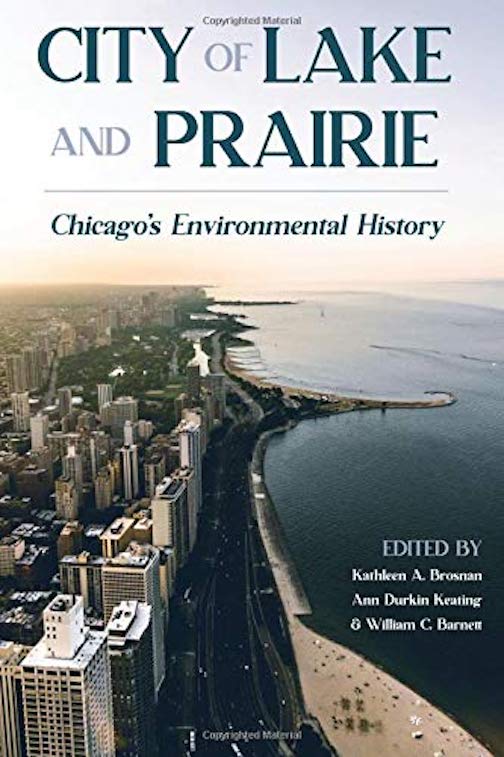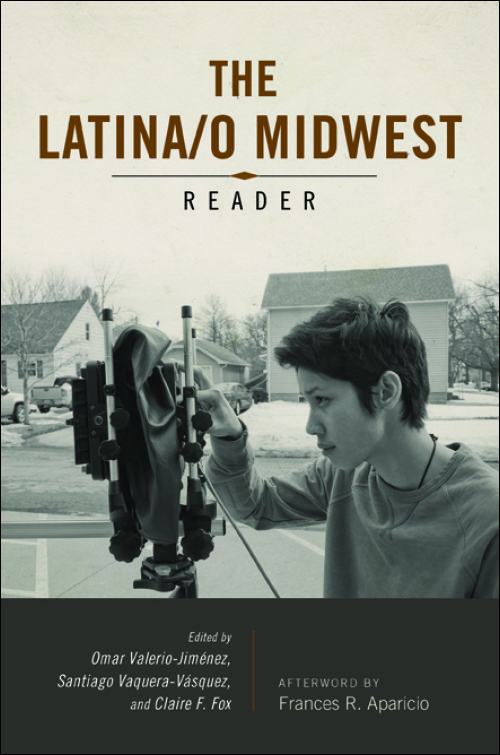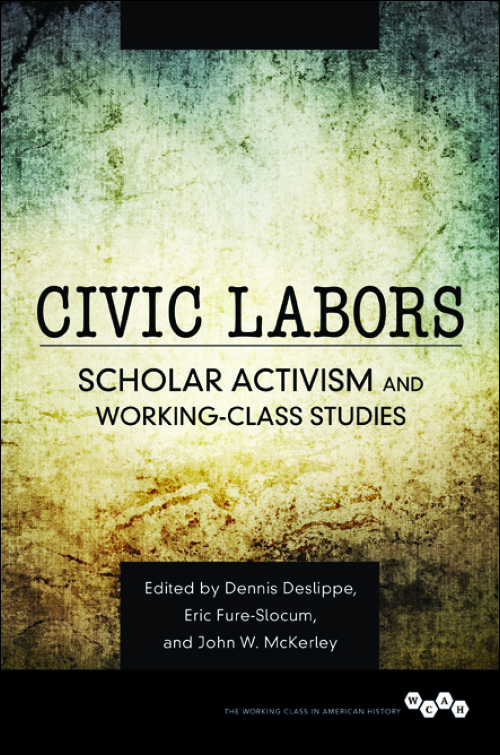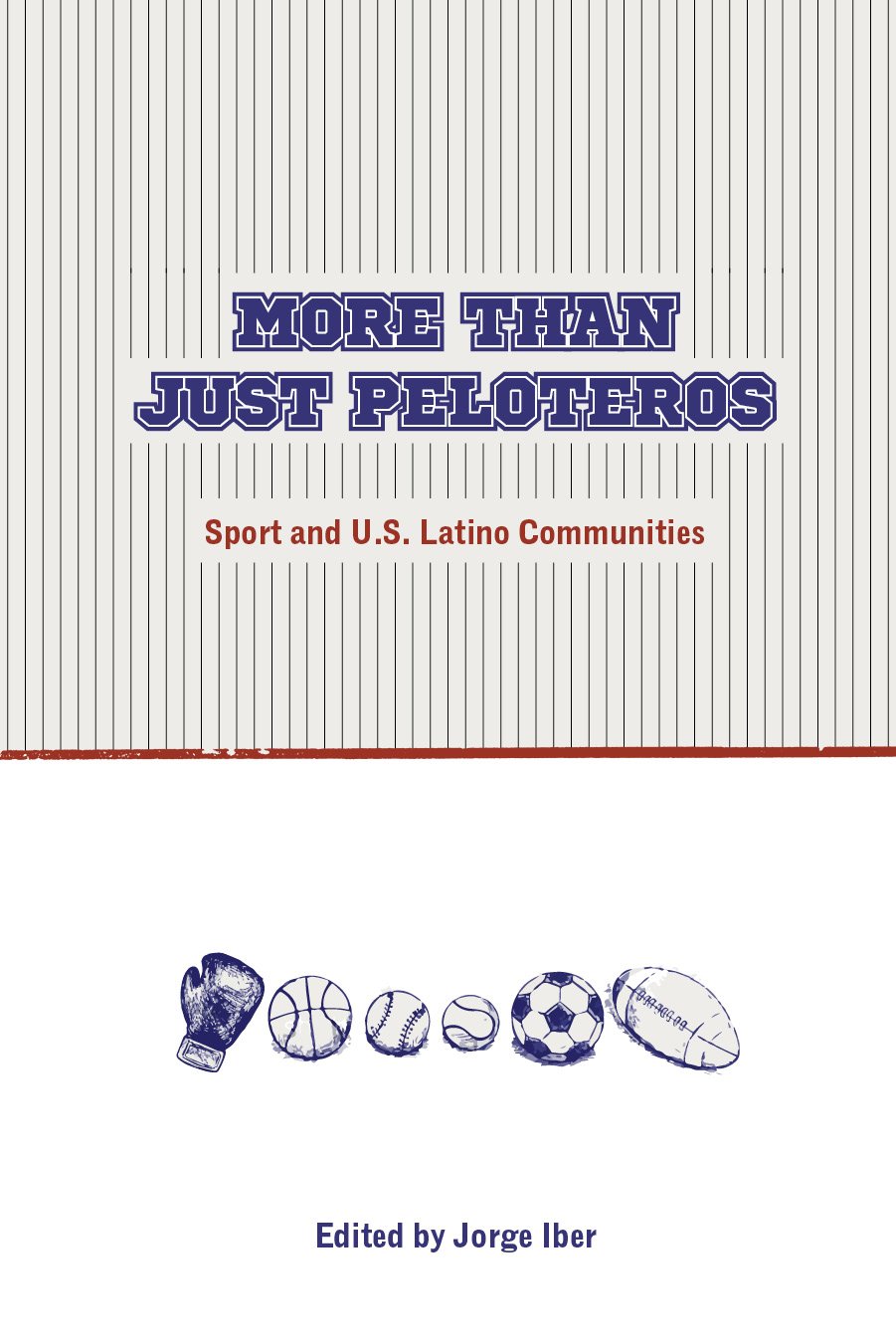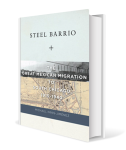BOOKS
Steel Barrio: The Great Mexican Migration to South Chicago, 1915-1940
“The richly documented history of Mexican South Chicago here yields a sophisticated, rounded, and compelling study of the evolution of an immigrant place. Attentive to structural factors shaping migration and assimilation, Innis-Jiménez also tells textured human stories of the work, play, and solidarity that created and recreated an enduring community, snatching life from discrimination and hardship.”
BOOK CHAPTERS
City of Lake and Prairie: Chicago’s Environmental History
Known as the Windy City and the Hog Butcher to the World, Chicago has earned a more apt sobriquet—City of Lake and Prairie—with this compelling, innovative, and deeply researched environmental history. Sitting at the southwestern tip of Lake Michigan, one of the largest freshwater bodies in the world, and on the eastern edge of the tallgrass prairies that fill much of the North American interior, early residents in the land that Chicago now occupies enjoyed natural advantages, economic opportunities, and global connections over centuries, from the Native Americans who first inhabited the region to the urban dwellers who built a metropolis in the nineteenth and twentieth centuries. As one millennium ended and a new one began, these same features sparked a distinctive Midwestern environmentalism aimed at preserving local ecosystems. Drawing on its contributors’ interdisciplinary talents, this volume reveals a rich but often troubled landscape shaped by communities of color, workers, and activists as well as complex human relations with industry, waterways, animals, and disease.
The Latina/o Midwest Reader: The Latina/o Experience in a Changing Midwest
From 2000 to 2010, the Latino population increased by more than 73 percent across eight midwestern states. These interdisciplinary essays explore issues of history, education, literature, art, and politics defining today’s Latina/o Midwest. Some contributors delve into the Latina/o revitalization of rural areas, where communities have launched bold experiments in dual-language immersion education while seeing integrated neighborhoods, churches, and sports teams become the norm. Others reveal metro areas as laboratories for emerging Latino subjectivities, places where for some, the term Latina/o itself corresponds to a new type of lived identity as different Latina/o groups interact in shared neighborhoods, schools, and workplaces.
Civic Labors: Scholar Activism and Working-Class Studies
Labor studies scholars and working-class historians have long worked at the crossroads of academia and activism. The essays in this collection examine the challenges and opportunities for engaged scholarship in the United States and abroad. A diverse roster of contributors discuss how participation in current labor and social struggles guides their campus and community organizing, public history initiatives, teaching, mentoring, and other activities. They also explore the role of research and scholarship in social change, while acknowledging that intellectual labor complements but never replaces collective action and movement building.
More Than Just Peloteros: Sport and U.S. Latino Communities
Although the Latino/a population of the United States has exploded since the 1960s, an analysis of its place in the history of American sport has, until recently, been sorely underrepresented. The thoughtful and coherent essays in More Than Just Peloteros demonstrate that participation in sport and recreation develops identity and involvement in the lives of Spanish-speaking people throughout what is now the United States. The articles feature accounts of eras and events as varied as the Latino experience itself, including horse racing in colonial San Antonio, boxing in New York City, baseball in the barrios of 1930s Chicago, basketball in a 1950s Arizona mining town, and, of course, high school football in South Texas.
ARTICLES
“Mexican Chicago’s Colonia Hull House: Food, Tourism, and Belonging in the 1930s.”
“Beyond the Baseball Diamond and Basketball Court: Organized Leisure in Interwar Mexican Chicago.”
“Organizing for Fun: Recreation and Community Formation in Mexican South Chicago, 1919-1936.”
“Beyond Bread and Butter: Graduate Student Organizing in a Right-to-Work State.”
Michael Innis-Jiménez
Michael Innis-Jiménez is associate professor and director of graduate studies in the Department of American Studies at the University of Alabama.
Research Interests
Latinos/Latinas in the U.S.;
U.S. social, cultural, urban,
and labor history, food studies,
the American West; race and
ethnicity in the Americas

